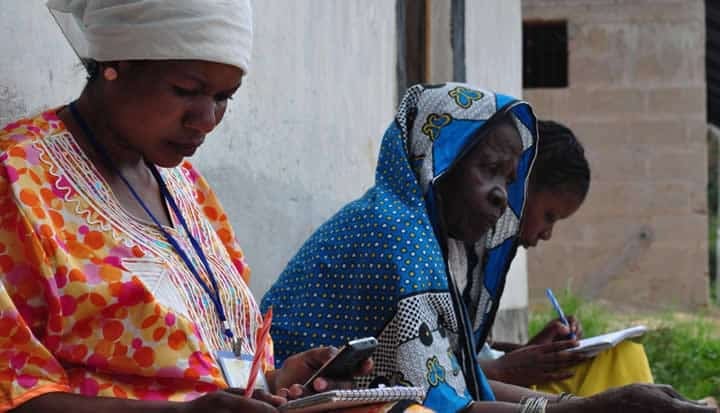 |
| Opening Plenary |
| New Member Commitments |
| High Level Panel |
| Event Photos |
Most of us interested in inclusive business have heard the success stories: Coca-Cola has generated $550 million in additional revenues by integrating local entrepreneurs into their beverage distribution chain in markets across Africa. Vodafone – one of the world’s largest telecommunications firm – now reaches approximately 20 million customers thanks to the introduction of its mobile money transfer application, M-PESA. While these anecdotes are inspirational, most companies can’t relate just yet to the enormous successes realized by Coke and Vodafone.
Most companies investing in low-income communities – either by providing access to goods and services or by providing jobs and livelihood opportunities – are struggling to figure out how they expand these models in a way that makes sense for their core business. One challenge is that they often lack the resources, support and time necessary to see what will and will not work.
Last Wednesday, I had the pleasure of chairing a Business Call to Action workshop on the topic of creating scalable inclusive business models. The event attracted over 80 senior executives from small, medium, and multinational enterprises as well as high-level representatives from donor and international organizations and academia that were in town for the United Nations General Assembly. With the help of the many practitioners and experts participating in our event, we were able to gather a couple key “on-the-ground” insights for building scalable, profitable businesses:
Theme 1: Understand the needs of the BOP
In most developed markets, a company will spend a significant amount of time doing research about what a specifically defined target customer or population needs or wants from a product. When attempting to work at the base of the pyramid, companies need to take the same approach. It is dangerous to assume that “the base of the pyramid is the same everywhere”, without understanding the complexities and differences of low-income communities around the world. Efforts will be most successful when companies integrate the poor into the process of developing goods and services or programs that are meant to benefit the needs of specific communities. In reality, however, most companies are spending only a fraction of their research and development budget on understanding the particularities of the base of the pyramid market segment.
Theme 2: Take time to understand what works and what doesn’t
Innovation takes time and requires the buy-in of the institutional leadership. Staff in charge of business innovation need to be able to take risks and set ambitious goals, and to be given the space and incentives to meet those goals. Experimentation is a good thing as it gives a business time to refine business models on a small scale before they can expand to reach more ambitious targets. A lack of senior management support or flexible timelines makes it difficult to get inclusive business initiatives off the ground and achieve goals.
Theme 3: Catalyze new sources of finance
Access to “patient capital” is a huge challenge in commercial organizations, with metrics often geared towards short-term profitability. Start-ups also have a hard time accessing the capital they need to take the next step from pilot to full-blown business initiative. As my BCtA colleague, Christine Ribeiro, noted in her recent article, “Inclusive Finance: Targeting the Base of the Pyramid” in the May/June issue of Africa Investor, a combination of traditional investment and more innovative approaches – such as government-backed finance mechanisms (e.g. DFID’s Business Innovation Facility, USAID’s Development Innovations Ventures), social impact funds (e.g. Acumen Fund, Grey Ghost Ventures), or guarantee facilities (e.g. Root Capital) – could help bring more inclusive business models to scale.
Theme 4: Work collectively where possible
Collective action can help to plug resource gaps and address inefficiencies that might otherwise prevent a business model from going to scale. Collective action may include: business-to-business partnerships between companies that are seeking to jointly address development challenges such as lack of skilled workers or lack of reliable infrastructure; vertical alliances where businesses work together to target deficiencies within a value chain; and cross-sectoral partnerships where various actors come together to explore ways to more effectively provide access to goods or services, such as healthcare.
Addressing the barriers outlined above is critical to the wide-spread adoption and scaling up of pro-poor business strategies. The Business Call to Action is committed to developing new opportunities for companies to help companies overcome barriers to inclusive business by providing opportunities for like-minded organizations to learn from one another through our practitioner’s network. Over the next year, we will also work in collaboration with like-minded business organizations and research organizations to develop practical tools and resources that will help businesses meet their inclusive business goals.










